Understanding Sequences Numbers Worksheets for 6-Year-Olds
5 filtered results
-
From - To
Discover our "Understanding Sequence Numbers Worksheets" designed specifically for 6-year-olds! These engaging worksheets help young learners grasp the concept of number sequences through fun activities and interactive exercises. By practicing identifying and completing patterns, children develop critical math skills that lay the foundation for future learning. Our worksheets are colorful and age-appropriate, capturing the attention of students while fostering their love for numbers. Ideal for both classroom use and at-home practice, these resources make learning sequences enjoyable and effective. Enhance your child's math journey and boost their confidence with our expertly crafted worksheets today!
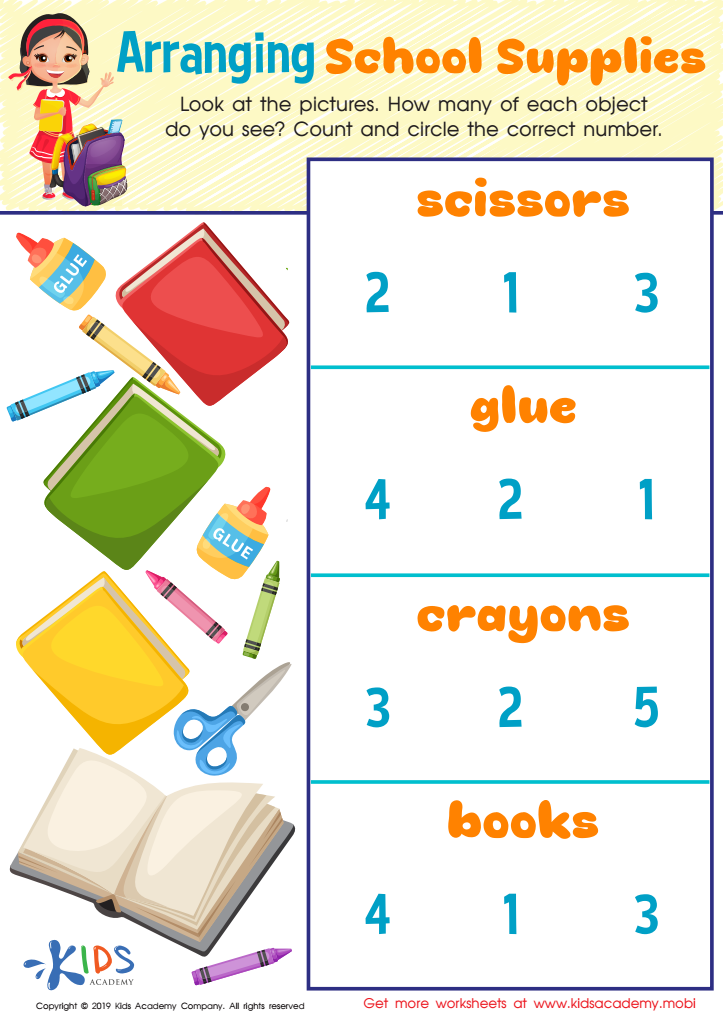

Arranging School Supplies Worksheet
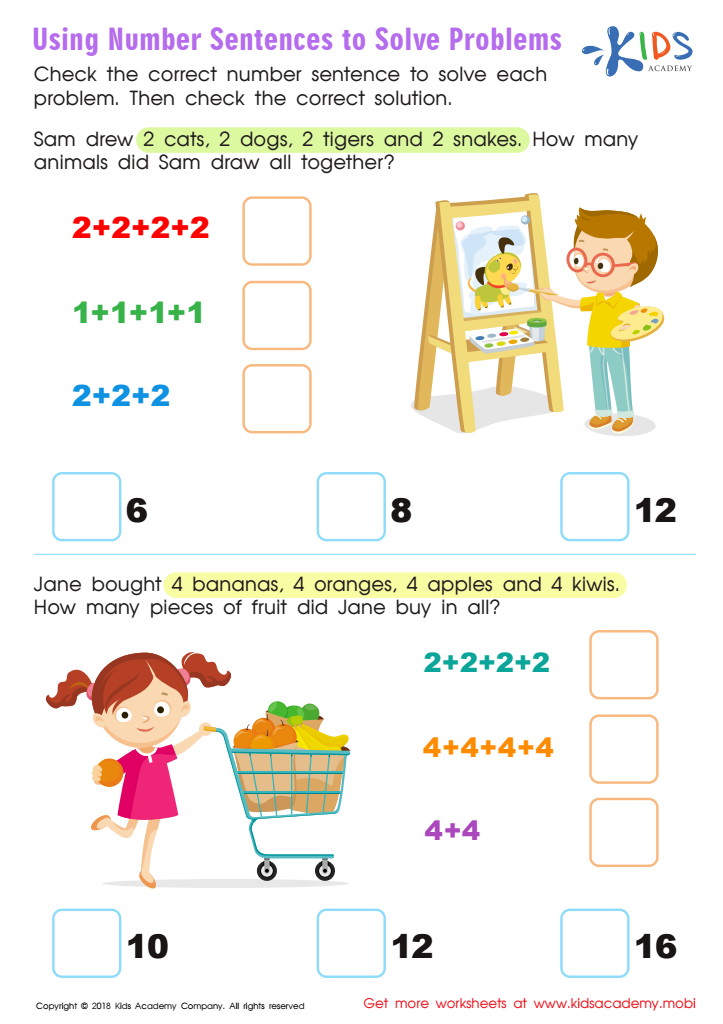

Using Number Sentences to Solve Problems Worksheet
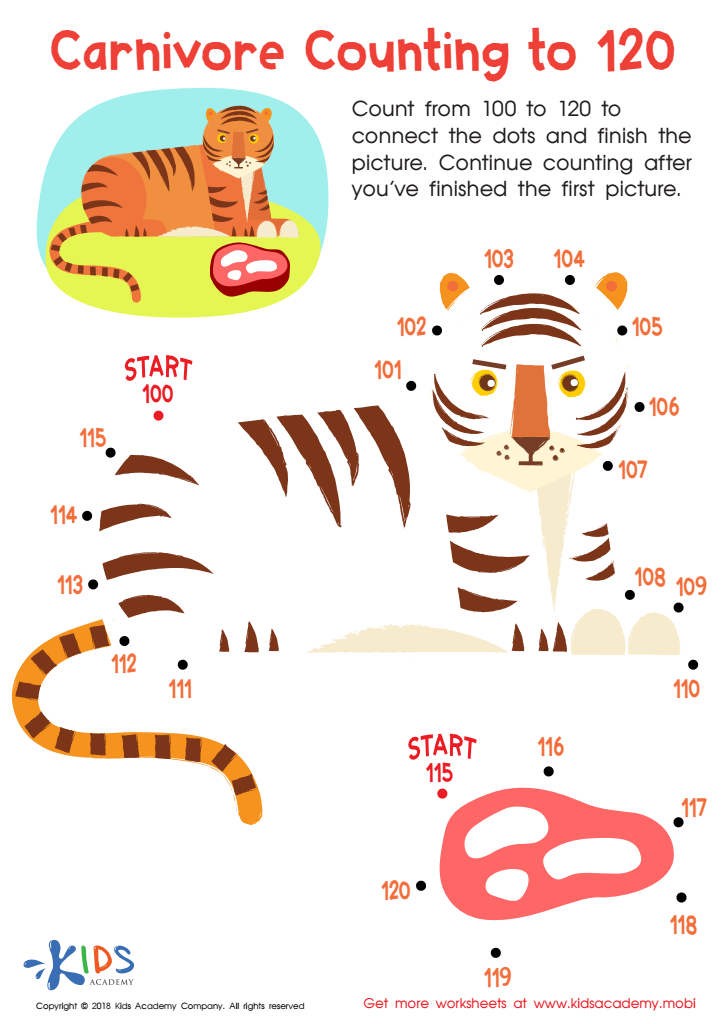

Carnivore Counting to 120 Worksheet
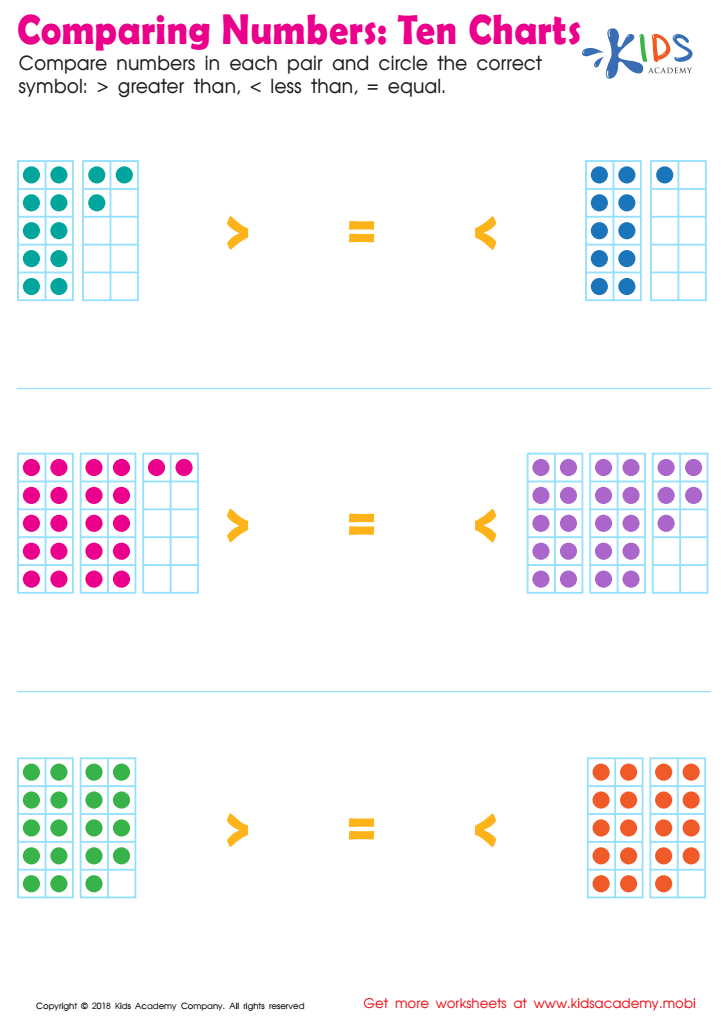

Ten Charts Worksheet
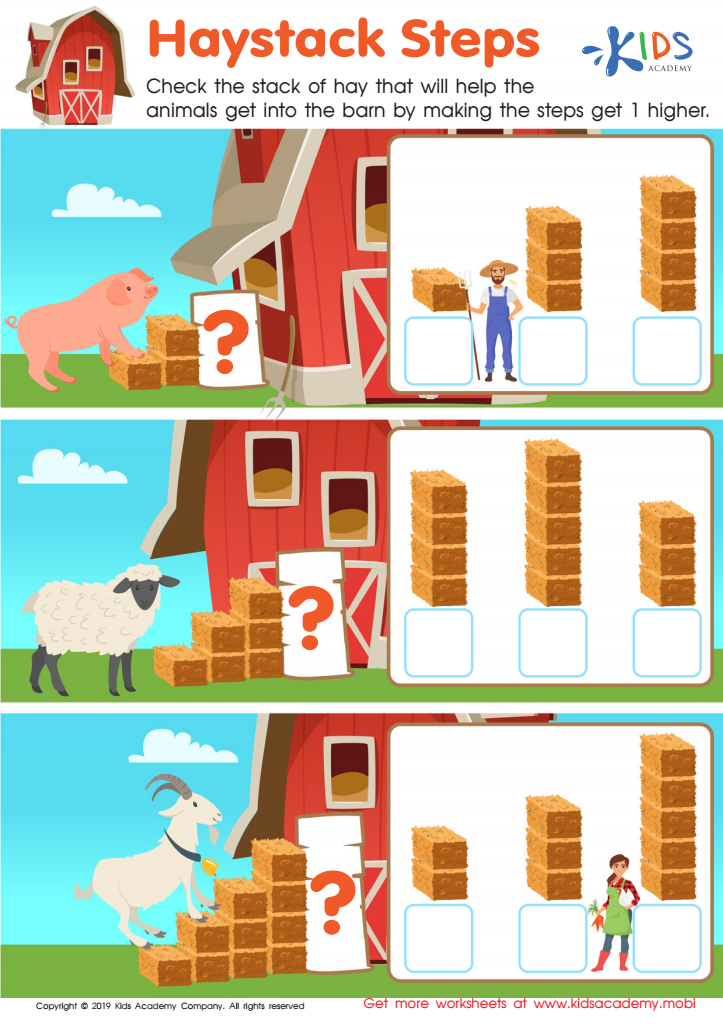

Haystack Steps Worksheet
Understanding sequences of numbers is crucial for 6-year-olds as it lays the foundation for their future math skills and cognitive development. At this age, children are beginning to grasp basic mathematical concepts, and recognizing number patterns helps them understand the intrinsic relationship between numbers. Sequences can include counting by 1s, 2s, 5s, or even identifying patterns in addition and subtraction.
When children engage with sequences, they develop critical thinking skills and problem-solving abilities that extend beyond math. Recognizing patterns teaches them to anticipate outcomes and predict what comes next, nurturing their analytical skills. Furthermore, understanding sequences is critical for grasping more complex concepts like skip counting, which is fundamental for concepts such as multiplication and division down the line.
Parents and teachers who focus on sequences help children build number sense, self-confidence, and a love for mathematics. When children see themselves as capable learners in math, they are more likely to be enthusiastic about future challenges. Moreover, emphasizing number sequences aligns with many early education standards, ensuring that children acquire essential learning milestones that will serve them throughout their educational journey. Engaging with sequences nurtures not just academic growth, but also critical life skills.

 Assign to My Students
Assign to My Students
















